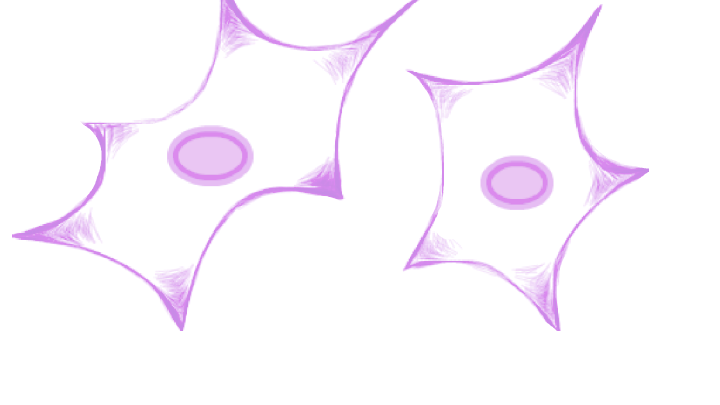Cell Senescence Entries for SSX2
- Cell Types
- Breast cancer
- Cell Lines
- MCF-7
- Cancer Cell?
- Yes
- Method
- Overexpression
- Type of senescence
- Oncogene-induced
- Senescence Effect
- Induces
- Primary Reference
- Greve et al. (2015) Ectopic expression of cancer/testis antigen SSX2 induces DNA damage and promotes genomic instability. Mol Oncol 9(2)437-49 (PubMed)
SSX2 Gene Information
- HGNC symbol
- SSX2
- Aliases
- CT5.2a; HD21; HOM-MEL-40; MGC119055; MGC15364; MGC3884; SSX
- Common name
- SSX family member 2
- Entrez Id
- 6757
- Description
- The product of this gene belongs to the family of highly homologous synovial sarcoma X (SSX) breakpoint proteins. These proteins may function as transcriptional repressors. They are also capable of eliciting spontaneous humoral and cellular immune responses in cancer patients, and are potentially useful targets in cancer vaccine-based immunotherapy. This gene, and also the SSX1 and SSX4 family members, have been involved in t(X;18)(p11.2;q11.2) translocations that are characteristically found in all synovial sarcomas. This translocation results in the fusion of the synovial sarcoma translocation gene on chromosome 18 to one of the SSX genes on chromosome X. The encoded hybrid proteins are likely responsible for transforming activity. Alternative splicing of this gene results in multiple transcript variants. This gene also has an identical duplicate, GeneID: 727837, located about 45 kb downstream in the opposite orientation on chromosome X. [provided by RefSeq, Jul 2013].
SSX2 Ontologies
- Gene Ontology
-
Process: GO:6355; regulation of transcription, DNA-templated
Cellular component: GO:5634; nucleus
Show all GO termsFunction: GO:5515; protein binding
Homologs of SSX2 in Model Organisms
No homologs found
External links
- OMIM
- 300192
- Ensembl
- ENSG00000241476
- Entrez Gene
- 6757
- UniGene
- 661107
- 1000 Genomes
- 1000 Genomes
- HPRD
- GenAtlas
- SSX2
- GeneCards
- SSX2
